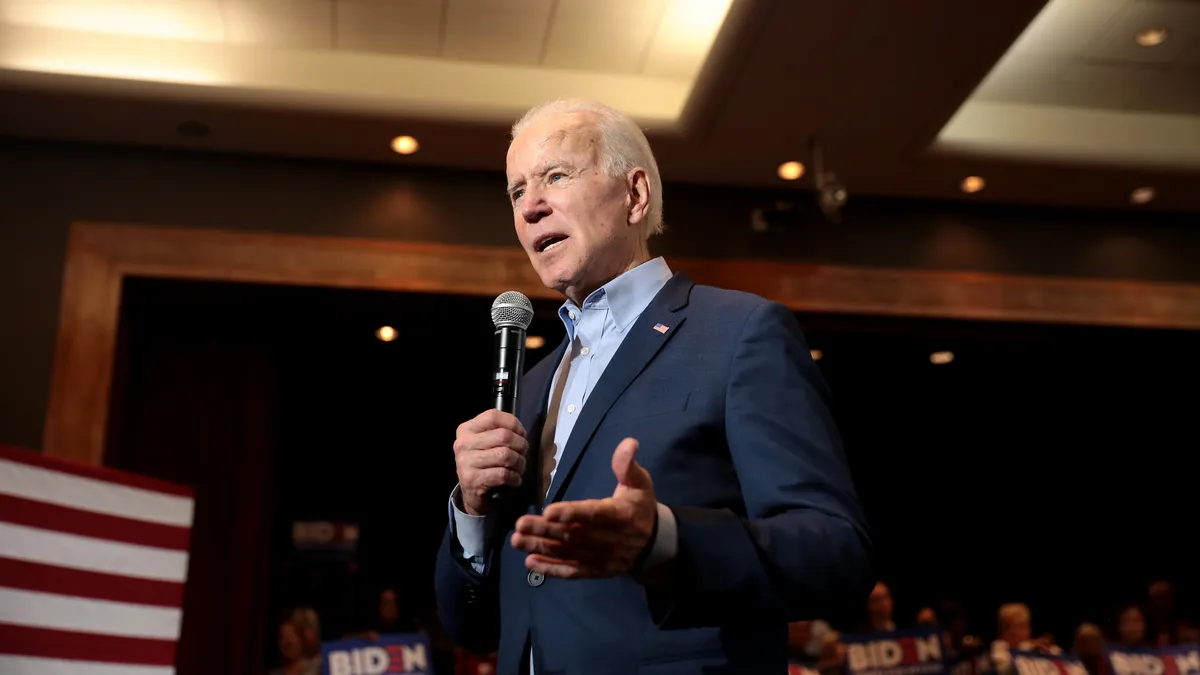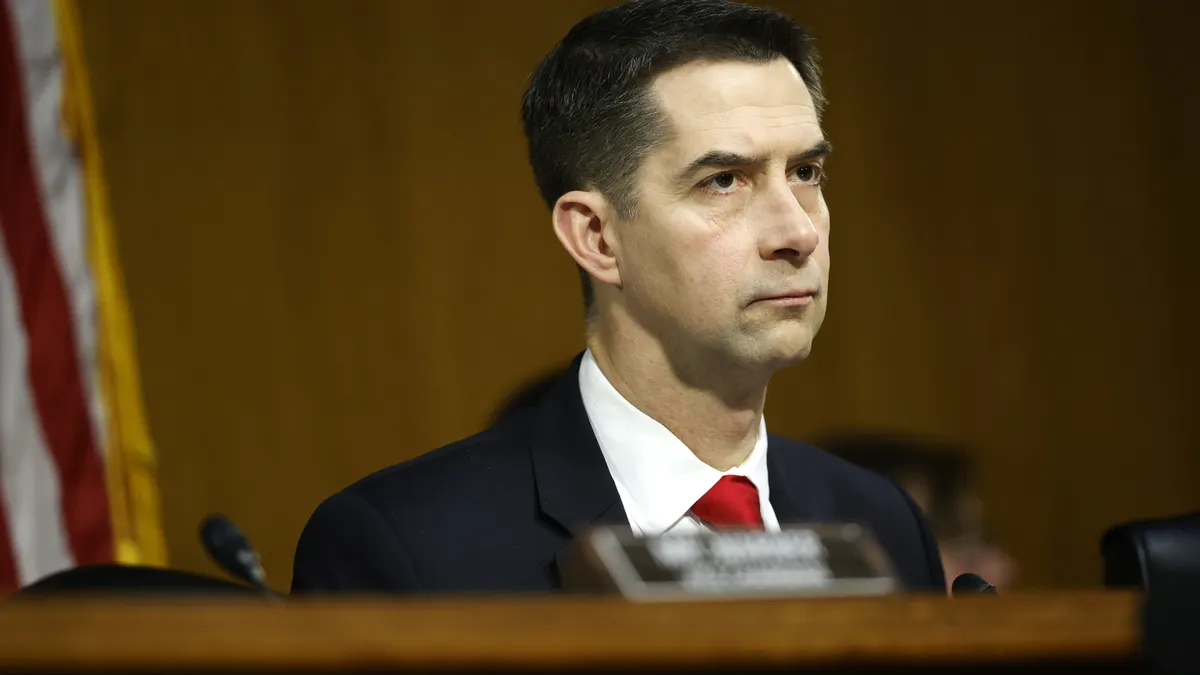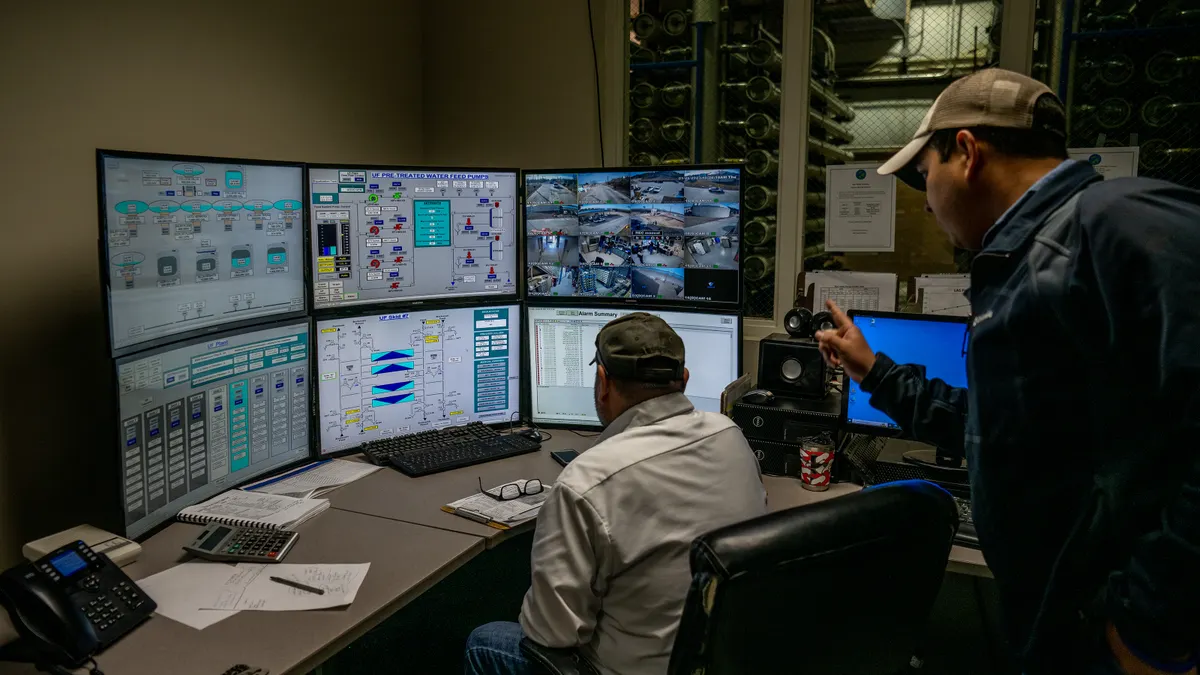President-elect Joe Biden has a deep reservoir of experienced and respected technology experts to select from, including many veterans of the Department of Homeland Security, Department of Defense and other agencies who served during his tenure as vice president under the Obama Administration. These officials are expected to enhance the nation's cybersecurity practices and strengthen national security
The administration will make rebuilding international alliances a priority, so the U.S. can work with traditional allies in Europe and Asia to confront nations like Russia, China and others with a unified voice on priorities including disinformation, government-sponsored cyberattacks and surveillance.
The Biden administration will face pressure from advocates inside the U.S. to reform privacy rights and government surveillance authority.
As the Biden transition team begins to assemble officials to manage key policy priorities under a new administration, a number of Obama Administration veterans are participating on the various agency transition teams. These officials have years of experience in the cybersecurity space, and have worked with a range of think tanks, private sector companies, universities and law firms.
That out of government experience will help the new administration focus on not just national security requirements, but also provide them with a greater understanding of cybersecurity issues that impact the private sector and critical infrastructure facilities.
Other officials, including former Department of Homeland Security official Suzanne Spaulding and Chris Inglis, the former deputy director at the National Security Agency, are seen as candidates for key positions in the new administration, according to experts in cyber and national security.
National security and technology experts say Biden has a number of key roles to fill as the country needs to restore its credibility around the world in the effort to combat state-sponsored cyberattacks, disinformation campaigns and corporate espionage as well as domestic priorities like surveillance authority and digital privacy.
"A Biden administration can make progress on some long overdue tech policy priorities, building an equitable digital future that protects users' rights and finally closes the digital divide," Alexandra Givens, president and CEO of the Center for Democracy & Technology, told Cybersecurity Dive in a statement.
"Personal data in the U.S. needs better protection, including limitations on collection and use of biometric, health and location information — issues that are particularly critical in the wake of the COVID-19 pandemic," Givens said. "The next administration can build on the progress made this past year on federal privacy legislation to finally address the ways that discriminatory uses of people's health, financial and other data can impact their lives."
The new administration will need to work with key allies to restore partnerships, which have been seriously weakened under the current administration, James Lewis, director of the Strategic Technologies Program at the Center for Strategic & International Studies said.
He said veterans from the Obama administration as well as some potential holdovers from the current administration, could play an important role in shaping future policy objectives.
Spaulding, who currently works as senior advisor for homeland security at the CSIS, should be considered a leading candidate for the new administration, Lewis said.
Spaulding previously served as under secretary for the Department of Homeland Security, leading the National Protection and Programs Directorate (NPPD), managing a budget of $3 billion and a workforce of 18,000 people who helped boost cybersecurity and protect critical infrastructure.
A potential holdover selection, Christopher Krebs, has led the Cybersecurity and Infrastructure Security Agency (CISA), which replaced the NPPD since 2018. CISA has played an important role in election security and won praise from numerous officials in Congress, the private sector and others.
Lewis credits Krebs with shielding the agency from outside political pressures, although CISA has come under scrutiny from the White House in recent days and rumors circulate Krebs may be let go, according a Reuters report. That said, the Biden administration has the power to re-appointment him if interested.
Lewis also noted that Inglis, a former deputy director at the National Security Agency has been linked to a possible Biden appointment, with some officials promoting him for the role of national cyber director, a position that a bipartisan group of Congressional officials have advocated.





















